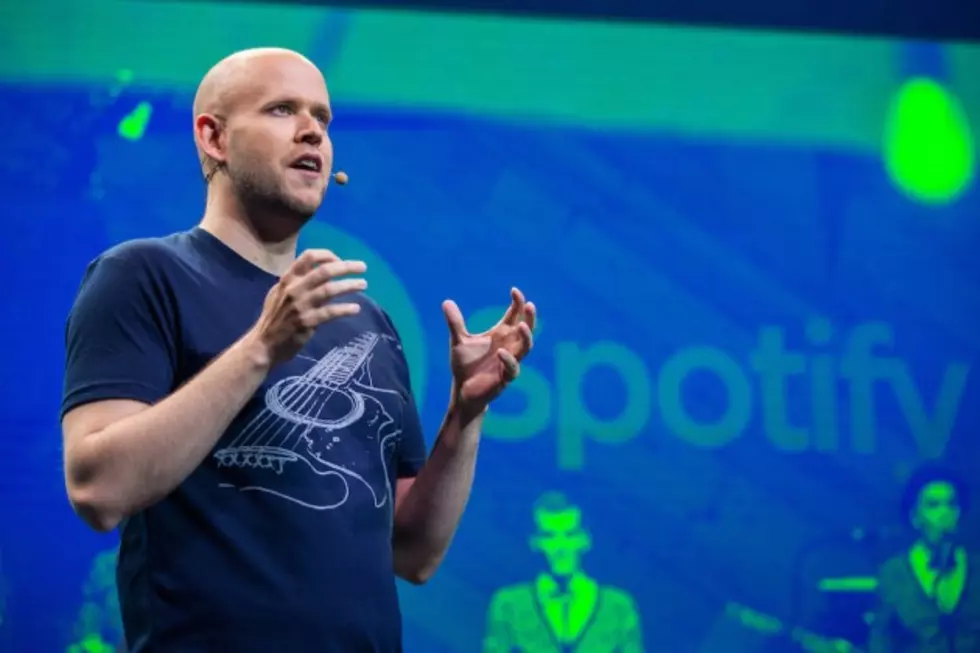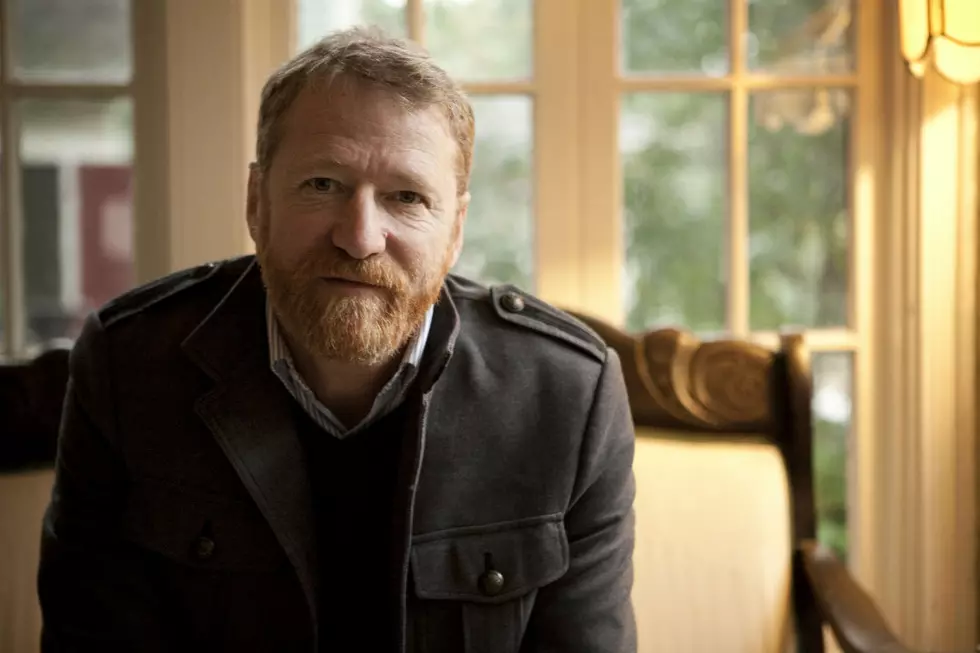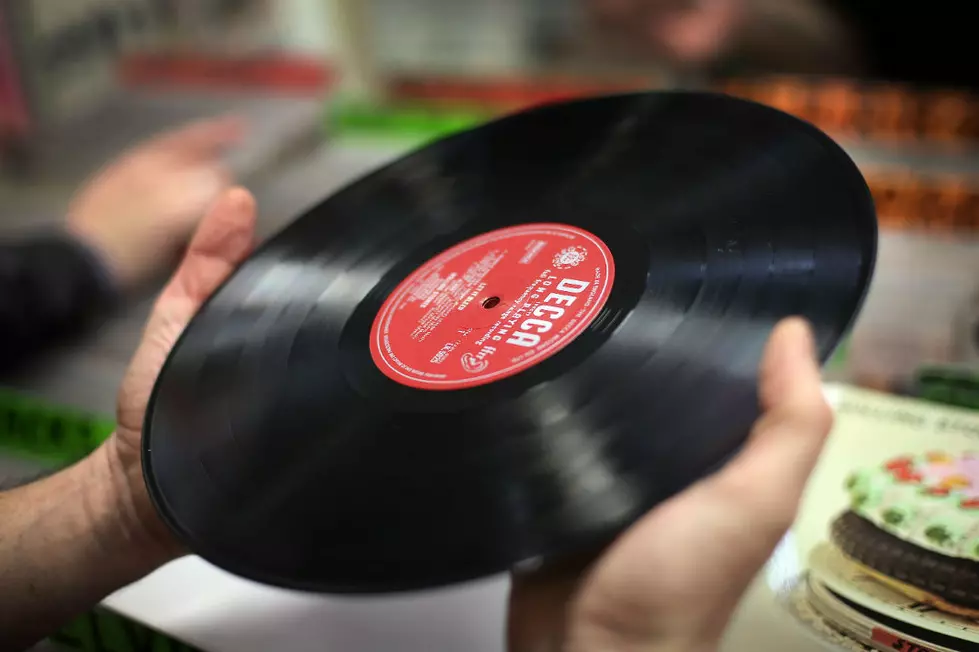
Spotify’s New Features Show Exclusives Can Be Good Thing
For months now -- basically since the launch of Tidal and the imminence of Apple Music reignited the music streaming wars -- we've all dreaded what we've seen as the unavoidable future of streaming: A future in which exclusives become the rule of the day, where one streaming service becomes the sole home of a song or an album, either temporarily or perpetually, forcing listeners to subscribe or miss out.
But Spotify's new play for original content may show the way out of this new dilemma -- a way to offer exclusives without bullying listeners and sowing the seeds of the streaming industry's collapse.
Developments in the last couple of months have only confirmed that exclusives will be a major cornerstone of streaming strategy. Apple, as it builds up its arsenal for the expected June launch of Apple Music, has been rumored to be gunning for exclusives from the likes of Taylor Swift and Florence and the Machine. And Tidal has hinged much of its strategy on it: The main draw of the service -- unless you're motivated by the idea of artists getting paid a little more -- is the inclusion of unreleased White Stripes videos, Rihanna premieres and Nicki Minaj videos. And now it's almost a foregone conclusion that those artists who own their own master recordings, like Jay Z and Rihanna, will premiere and even exclusively release entire albums on the service.
In a battle as do-or-die as this one, it makes sense that streaming services want to lure in subscribers with content they can't get anywhere else. But for listeners -- and possibly for the streaming services themselves -- it's a losing proposition in the long run.
For listeners, it's an arguably worse situation. In the new streaming economy, if I want to have access to every new album -- and presumably every music consumer, on a basic level, does -- I have to sign up for every streaming service. If I only sign up for one, I always lose on some level. Meanwhile, I feel like I'm being bullied, rather than inspired, into choosing one service over the others.
But streaming services are realizing that this could cause listeners to turn away from streaming altogether. Rdio CEO Anthony Bay said in an interview, for example: "The idea that people will subscribe to multiple music services in order to get just a few songs or a few artists I think is going to slow down the whole category. It's hard enough right now to get people to want to pay and understand the value of $10 a month."
(Meanwhile, as music industry analysts like Mark Mulligan have pointed out, the mere existence of YouTube makes these exclusives temporary at best.)
It's possible that the answer to this dilemma came last week, in the most unlikely of places. When Spotify held their big press event, all the buzz was around their new video offerings, from providers like Comedy Central and ESPN. But the more important revelation at the event was their new foray into exclusive content.
One of Spotify's new offerings is a show called Dance Move of the Day, part of Amy Poehler's Smart Girls project. The bite-sized videos are presented to users as part of Spotify's revamped playlist functionality. What separates Dance Move of the Day from a new Nicki Minaj video is the idea that it's Spotify's own original content. And because it's generated by Spotify, and so seamlessly integrated into it, non-Spotify subscribers don't feel deprived by the fact that they don't get to watch Dance Move of the Day -- instead, they're inspired to join for the promise of more original content.
Spotify isn't just creating original video content, though -- their leap into original content extends to music, too. Their new running feature plays music that shifts in tempo as your heartbeat changes, and features music composed by superstar DJ Tiesto. It's an innovative new function that, instead of just offering a record you can't get anywhere else, offers a unique experience that makes smart use of Spotify's best assets (its offline playlist functionality, for example.)
This is exclusive content done right. It does right by consumers, because it offers content that they can't get anywhere else, but it doesn't pressure them into joining, and it doesn't ensure that they'll forever be left lacking a complete music collection.
It shows a positive way forward for the streaming industry, too, because it makes Spotify more valuable without simultaneously setting back all other streaming services. If streaming services can maintain a healthy level of competition, where they all provide something unique and valuable, the way TV networks do -- or better yet, Amazon and Netflix -- they can keep streaming interesting for consumers. If, instead, they proceed with depriving consumers of certain content as a matter of business, they may see more and more listeners throwing up their hands and heading back to BitTorrent.
More From Diffuser.fm









